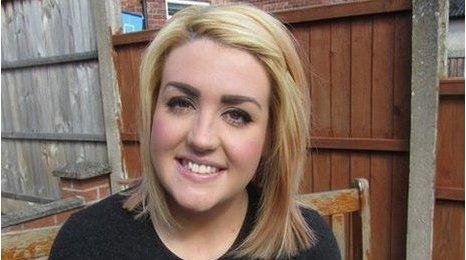Snoop Dogg's daughter Cori Broadus cried after suffering stroke aged 24
- Published
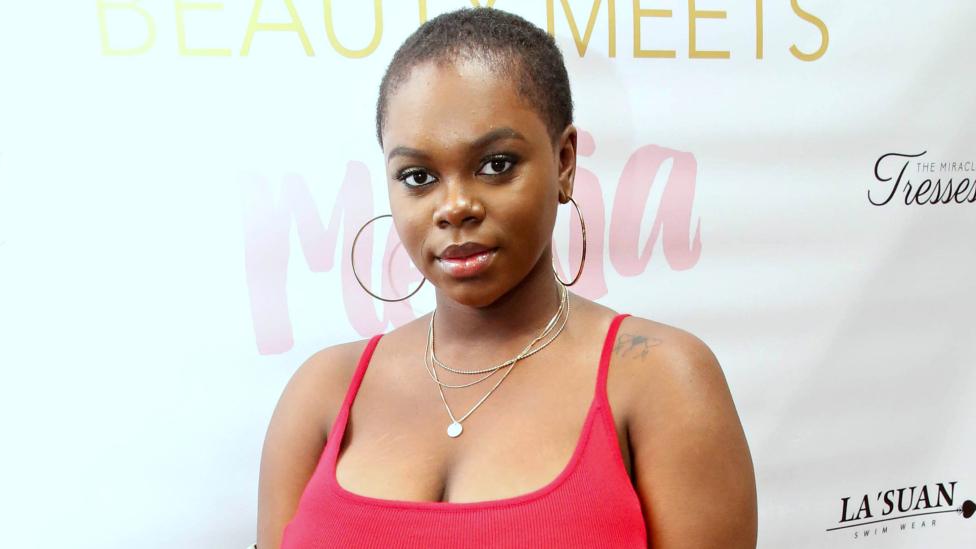
Cori Broadus, pictured in 2018, said she "started breaking down crying" when she was told she had had a stroke
Cori Broadus, the daughter of rapper Snoop Dogg, has said she broke down in tears when doctors told her she had suffered a "severe stroke" aged 24.
Broadus shared her news with a picture of herself lying in a hospital bed on an Instagram story on Thursday, to her 657,000 followers.
She commented: "I had a severe stroke this AM. I started breaking down crying when they told me.
"I'm only 24. What did I do in my past to deserve all of this?"
Doctors sometimes refer to stroke as a heart attack for the brain.
It occurs when the blood supply to the brain is stopped.
Replying to friends who sent her well wishes on Instagram, Broadus posted: "I love you, I love you."

Broadus's father is rap star Snoop Dogg (pictured at the BET Awards in 2014)
Musician and entrepreneur Snoop Dogg, whose real name is Calvin Cordozar Broadus Jr, also has two sons, Corde and Cordell, with his wife Shante.
The rapper shot to fame following the release of his 1993 hit debut album, Doggystyle - which was produced by Dr Dre.
It featured hits singles such as Gin & Juice, Doggy Dogg World, Murder Was The Case and Who Am I? (What's My Name?).
He is also known for hits such as Sweat, Drop It Like It's Hot and Signs - a collaboration with Justin Timberlake.
Snoop Dogg also has an acting career - his film credits include Training Day and 2004's remake of Starsky & Hutch with Ben Stiller and Owen Wilson.
His daughter Cori is a singer in her own right who performs under the name CHOC. She has provided guest vocals to some of her father's tracks and last year released the single 4am.
Signs and symptoms of a stroke
Doctors sometimes refer to stroke as a heart attack for the brain. It occurs when blood supply to the brain is disrupted, through a clot or a bleed.
The Stroke Association's website says a stroke is a medical emergency, and its effects depend on where it takes place in the brain, and how big the damaged area is.
A stroke can be identified using the Fast acronym (Face, Arms, Speech, Time):
Face weakness: Can the person smile? Has their mouth or eye drooped?
Arm weakness: Can the person raise both arms?
Speech problems: Can the person speak clearly and understand what you say?
Time: The association says if you experience any of these symptoms, don't wait, call 999
Other symptoms that must always be taken seriously are also listed by the association, which advises calling 999 if you experience any of the following:
Sudden weakness or numbness on one side of the body, including legs, hands or feet.
Difficulty finding words or speaking in clear sentences.
Sudden blurred vision or loss of sight in one or both eyes.
Sudden memory loss or confusion, and dizziness or a sudden fall.
A sudden, severe headache.
Juliet Bouverie, the chief executive of the Stroke Association, told BBC News: "After a stroke, life changes in a flash. Two thirds of people who survive a stroke find themselves living with a disability.
"As a result, young stroke survivors are having important milestones and their planned futures stolen from them, while they have to learn to adapt to their new life affected by stroke."
The Stroke Association added one in four strokes happen in people of working age and around 400 children have a stroke in the UK every year.
Related topics
- Published8 June 2023
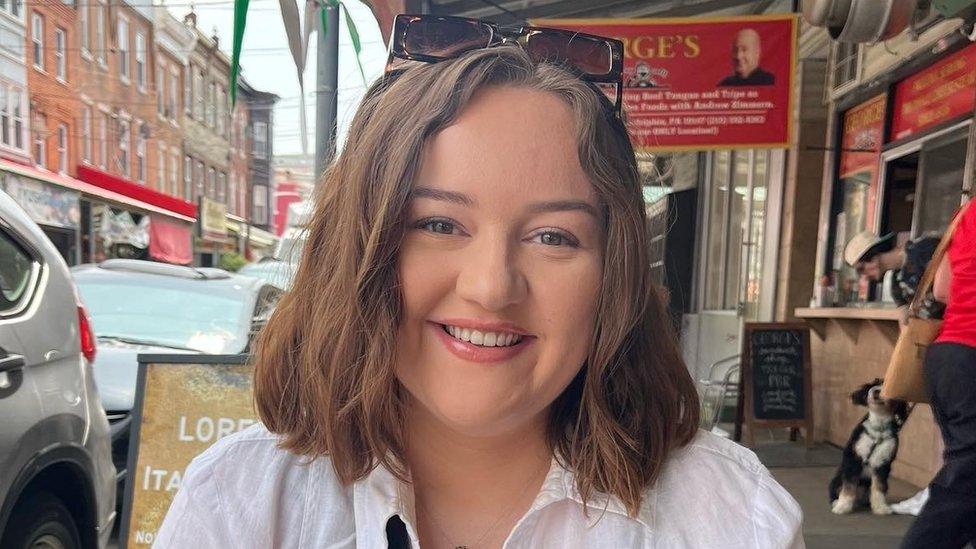
- Published10 February 2022
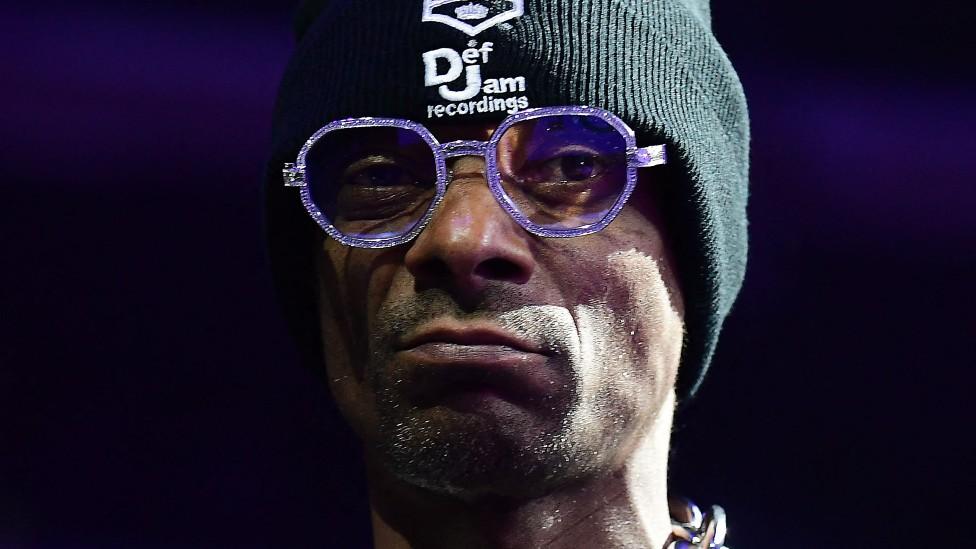
- Published19 February 2019
- Published10 January 2013
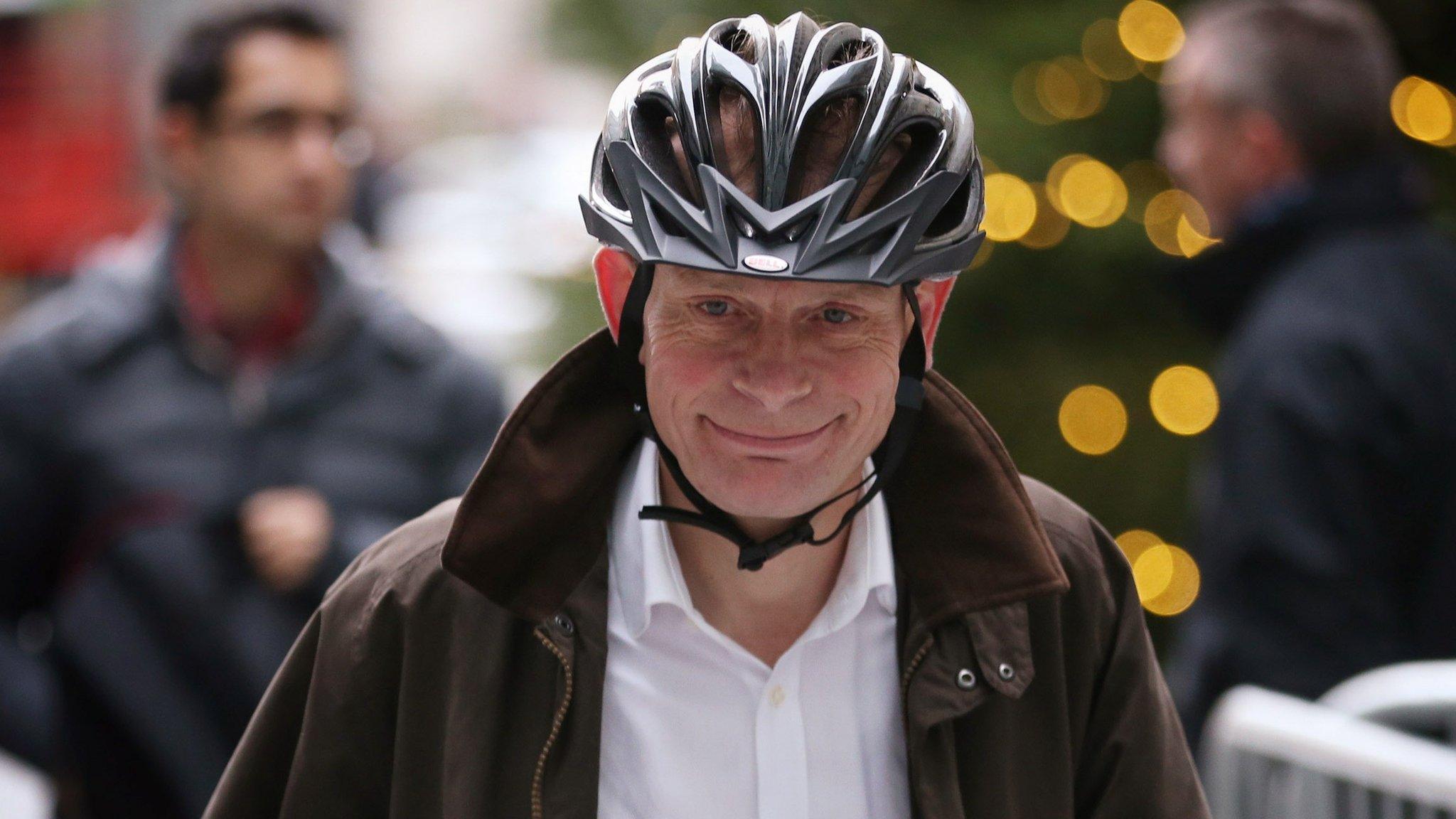
- Published24 September 2012
